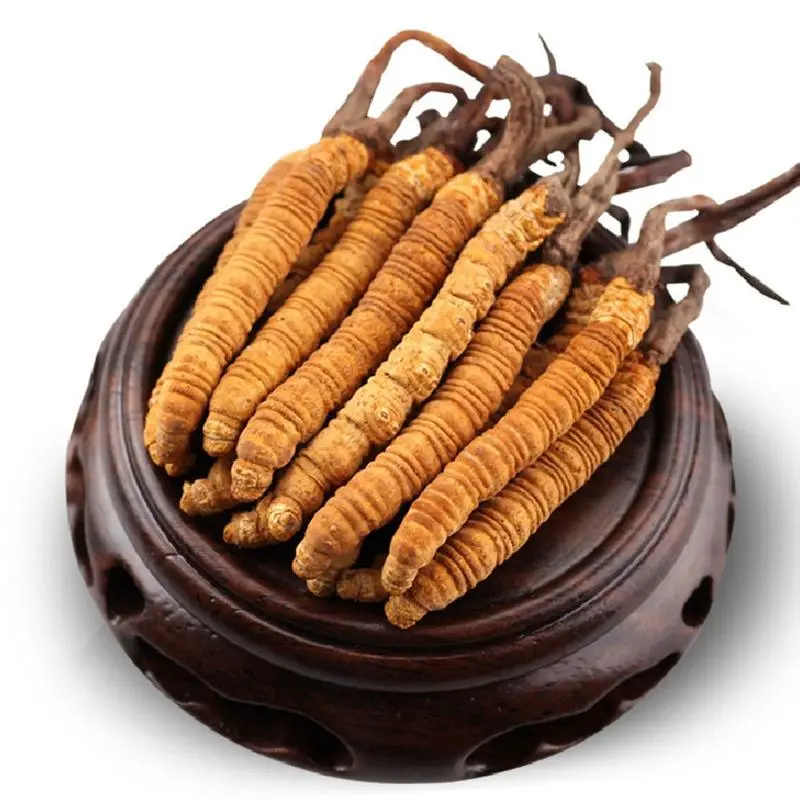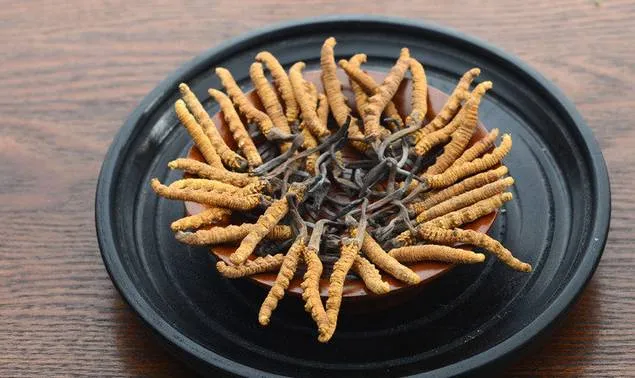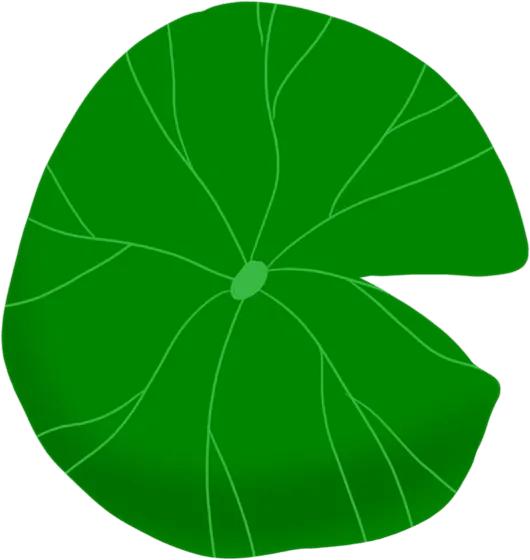

With the arrival of summer, temperatures soar, and the scorching heat can be overwhelming. How can one nourish Yin, tonify Yang,
and cool down the body to relieve dryness?
During the summer months, as the weather warms up,
it's essential to balance Yin and Yang energies in the body and maintain a cool and moist environment internally.
Here are some tips for summer health:
1. Adjust sleep patterns: In summer, nights are shorter and days are longer.
It's advisable to sleep later and wake up earlier to align with the natural rhythm.
This helps in the adequate discharge of Yang energy, promoting balance.
2. Maintain a cheerful mood: Emotions play a significant role in health.
Keeping a positive and relaxed mindset can help prevent excess heat accumulation in the body.
3. Consume cooling foods: Opt for foods that have cooling properties and nourish Yin, such as cucumbers, watermelon, mung beans, and lotus seeds.
These foods help to clear heat, nourish Yin, and maintain body fluids.
4. Limit hot and spicy foods: Reduce the intake of hot and spicy foods, as they can exacerbate internal heat and lead to dryness.
Foods like lamb and dog meat should be consumed sparingly to avoid damaging the Spleen and Lung Qi.
By following these guidelines, one can stay healthy and balanced during the hot summer months, promoting well-being and vitality.

Cordyceps Sinensis, also known as "Cordyceps" or "Insect Grass," is a traditional and precious medicinal herb belonging to the Cordyceps family of fungi in the Clavicipitaceae family.
It is a complex organism formed by the parasitism of the fungus Cordyceps militaris
on the larval body of insects from the Lepidoptera family, particularly caterpillars.
Its main functions include tonifying the kidneys and nourishing the lungs, as well as stopping bleeding and transforming phlegm.
It is commonly used to treat conditions such as kidney yang deficiency, impotence, nocturnal emissions,
and soreness and weakness of the lower back and knees.
It is also used for lung yin deficiency, chronic cough, wheezing, and coughing up blood caused by weakness.

Related reviews
"Ganyuan Xiaoshi" commented on Cordyceps sinensis, "Soak a few pieces in wine and eat them to treat pain between the waist and knees,
and it is beneficial to the kidneys. It is also suitable for the elderly when cooked with old duck.
For those who are recuperating after illness or are weak, each serving of duck is equivalent to one or two ounces of ginseng."
"Wenfang Si Kao" records an actual case of Cordyceps curing strain: Kong Yu's cousin from Wuzhen, Tongxiang, suffered from wasting disease and profuse sweating.
Although it was hot, he was still very afraid of wind in a secret room.
He had been ill for three years and no medicine worked.
By chance, a relative gave him Cordyceps sinensis, so he used it as an ingredient in a dish and ate it along with other
dishes. He recovered without realizing it.
Recipes
Cordyceps, corn and winter melon porridge
[Ingredients] 250g winter melon, 90g chicken, 60g corn (fresh), 2g cordyceps,
ginger, onion, and salt as appropriate.
[Preparation] Wash corn, winter melon, cordyceps, chicken, and ginger,
put them into a clay pot, add appropriate amount of water, boil over high heat,
then simmer until corn is cooked, add onion and salt to taste.
[Effects] Winter melon is cold in nature, can nourish the stomach and produce fluid,
clear and reduce stomach fire;
corn is good for the lungs and calms the mind, strengthens the spleen and appetite,
prevents cancer and strengthens the brain, can nourish the lungs and kidneys,
and promotes diuresis and reduces turbidity.
Cordyceps with Longan Soup
【Ingredients】3g Cordyceps Militaris, appropriate amount of longan flesh,
walnut kernels, red dates, and rock sugar.
【Preparation】After cleaning the ingredients, place them in a clay pot.
Add an appropriate amount of water. Bring to a boil over high heat,
then simmer over low heat for about 1 hour.
【Benefits】Nourishes Yin, moistens the lungs, strengthens the spleen,
promotes blood circulation, enhances vitality, and fights against aging.
References:
1. Compiled by Shi Renchao and Liu Zhongda, "Choosing Supplements Correctly"
2. Edited by Yang Changshui, Chen Yunchao, and Chen Wei, "Blue Book of Cordyceps Militaris"

